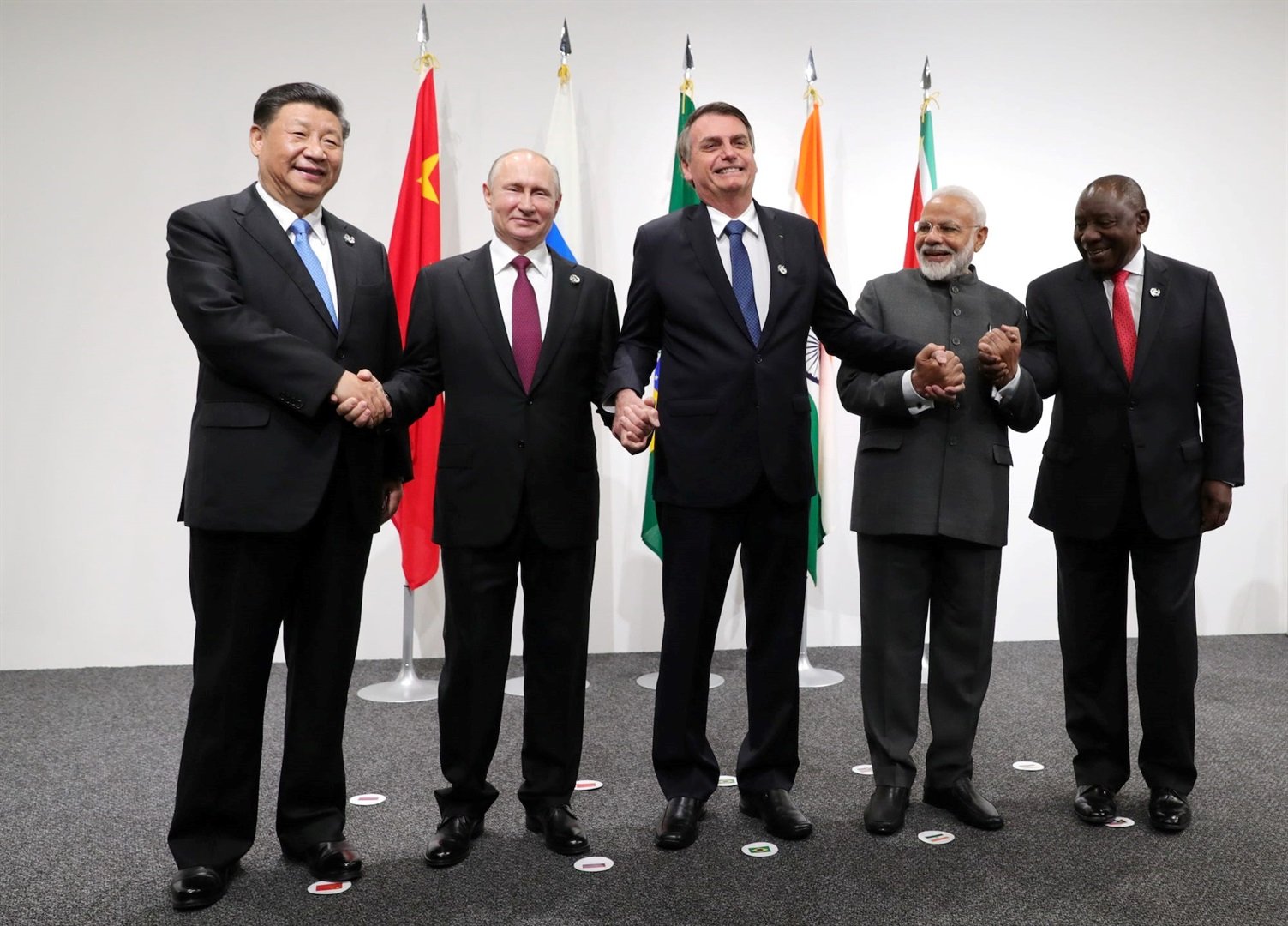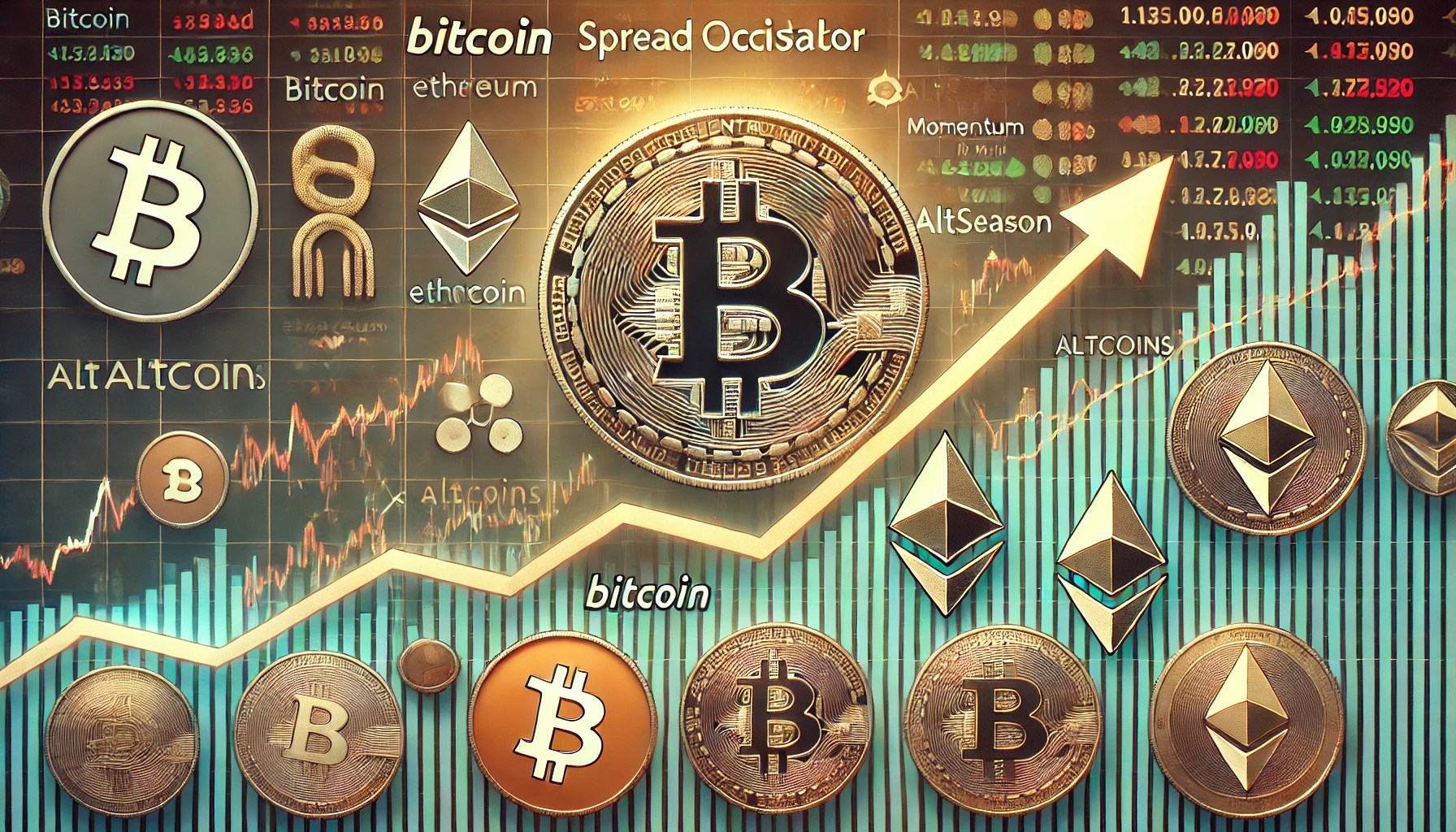Being seen as a ‘bridge’ permeates SA’s formal state interactions (as a member of the G20 and BRICS) as well as our non-state/societal international interactions, writes the author. (Sputnik/Alexey Nikolsky/Kremlin via Reuters)
If Pretoria is to strategically leverage the opportunities emerging from a fragmenting ‘liberal’ world order, it needs to sustain South Africa’s historic role as a ‘bridge’ in order to navigate the complex optics of ‘non-alignment’, writes Janis van der Westhuizen.
Numerous local foreign policy analysts have made the pertinent point that the current geopolitical shifts towards a much more multipolar world order are creating new opportunities for the Global South to refrain from aligning with either ‘the East’ or ‘the West’. Remaining ‘non-aligned’ enables the developing world to leverage strategic value from a post-‘Western’ world order for economic development, political autonomy and a greater say in the evolution of a new global multilateral architecture.
Such a configuration of power has historically enabled small and medium-sized powers to play a strategically significant diplomatic role disproportionate to their real economic and military capacity. Frequently referred to as intermediary or middle powers, these states often played a key role as a ‘bridge’ between contending alliances. Think Yugoslavia under Tito, Nkrumah’s Ghana or Indonesia under Sukarno.
South Africa has historically seen itself as a ‘bridge’. Even during apartheid, the National Party sought to buy legitimacy for itself by projecting Pretoria as a kind of bridge between Europe and Africa under B.J. Vorster’s Africa policy. This bridge identity has also continued in post-apartheid South African society: consider the successful 1996 advertising campaign to promote tourism to South Africa as ‘a world in one country’.
Some years ago, I conducted a face-to-face public opinion survey with 3500 ‘ordinary’ South Africans about our international orientation. There was strong support for the idea that we should be an ally or close friend of both China and the United States, and Europe.
Soft power
Being seen as a ‘bridge’ permeates both our formal state interactions (as a member of the G20 and BRICS) as well as our non-state/societal international interactions, many of which often go unnoticed. These include a now considerable and increasingly multiracial diaspora: most evident in the Anglo-speaking world (including our strong connections with India and the rest of South Asia), but also in the Middle East (such as the UAE) and South Africans working in China, Korea and the rest of Asia.
Sporting links connect where diasporic connections are relatively weak such as South and Central America (think rugby in Argentina, cricket in Trinidad). And most significantly, the growth of South African businesses, trade and migration links us with the continent.
With the exception of the deplorable xenophobic outbreaks against Africans, South Africa enjoyed soft power – or cultural and political attraction – precisely because it was seen as a kind of ‘bridge’ in both formal and informal international interactions.
As much as states can enjoy soft power, they can also be disempowered when inconsistencies and normative concerns feature in global media headlines. That Pretoria’s diplomatic position on the Russian/Ukraine war has not been seen to be ‘neutral’ as government persistently liked to claim, has very clearly revealed disempowerment effects. The consequences have become clear.
READ | Greg Mills and Ray Hartley: From Friendship to Fiendship? SA’s foreign policy since Mandela
First, strong societal pushback, ranging from the CEO’s of major financial institutions and other businesses (which rarely engage in open foreign policy debates), the media as well as leading social justice NGOs. Second, when foreign policy panders to the ideological (and financial) needs of party mandarins rather than South African society at large, the delicate balance of power between state and society risks triggering a foreign policy crisis. Ramaphosa’s June peace mission to Kyiv and St. Petersburg essentially sought to signal that South Africa has not abandoned its traditional intermediary role in international affairs and mitigate these disempowerment effects.
An insignificant player
In global terms, South Africa is a relatively insignificant player. If Pretoria is to strategically leverage the opportunities emerging from a fragmenting ‘liberal’ world order, it needs to sustain South Africa’s historic role as a ‘bridge’ in order to navigate the complex optics of ‘non-alignment’.
READ | Chris Landsberg: The international delegitimisation of SA: The cost of becoming America’s frienemy
We would be wise to compare how others in the Global South (such as Turkey or India) are navigating similarly turbulent waters with a much greater degree of pragmatism. For example, when the Brazilian navy was about to engage with joint naval exercises with Iran the very same week in which Lula da Silva was to undertake a state visit to the US, he simply postponed the naval exercise on the basis that the timing was ‘inappropriate’.
Making the most of the new opportunities that will emerge from a multipolar order, requires exceptional diplomatic finesse, consistency and most importantly, insulating foreign policy-making from political party hotheads, which in the run-up to the 2024 elections are likely to spew polarising rhetoric about ‘foreigners’ and ‘anti-imperialism’ to score cheap points among some local audiences.
In contrast, our survey revealed that the vast majority of South Africans (regardless of demographic differences) want our foreign policy to be about creating jobs and attracting investment, not ideological posturing.
– Prof Janis van der Westhuizen teaches in the Department of Political Science at Stellenbosch University. He writes in his personal capacity.
Disclaimer: News24 encourages freedom of speech and the expression of diverse views. The views of columnists published on News24 are therefore their own and do not necessarily represent the views of News24.
#ANALYSIS #remain #bridge #international #affairs












